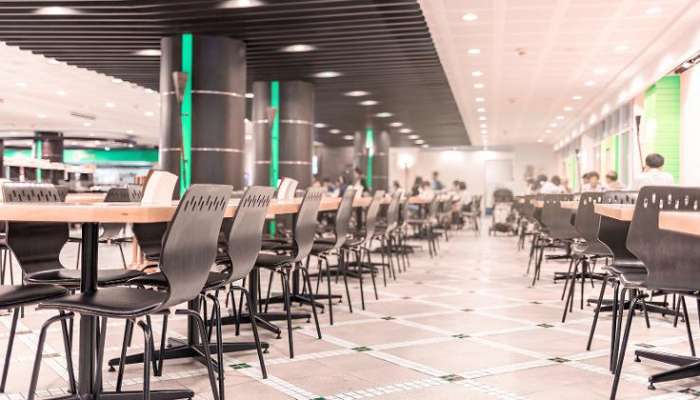

Muscat: Many hotels that have been designated as isolation centres have been punished by having their operations halted for not following COVID-19 prevention protocols.
Depending on the seriousness of the violation, individuals breaking quarantine rules while in these centres have also been fined anywhere between OMR100 and 1,500.
Speaking exclusively to the Times of Oman, Hamoud Al Mandhari from the Relief and Shelter Sector of the Ministry of Social Development said the violations by hotels include quarantined guests gathering in large numbers, using common areas in hotels when they need to stay in their rooms, not wearing masks to stop the potential spread of infection, gathering in large numbers near common areas such as swimming pools, and guests leaving their hotels without permission from the authorities before the end of their isolation period.
“We’ve noticed that there are some hotel establishments that have not followed the health and preventive protocols issued by the Supreme Committee to deal with COVID-19,” he said.
“Hotels that have been found guilty of major violations have had their activities temporarily stopped. Our sector regularly follows up on monitoring hotels in which people can spend their institutional quarantine.
“We have a centre that also receives reports from people inside these hotels, whether they are regular guests or spending their isolation period there,” he added. “If we do hear of violations or receive reports of the same, we first visit the place in question, and if we do see that the hotel is indeed responsible for violations, they are first fined. Hotels that have conducted major violations, or repeated them more than once, have had their activities stopped.”
Under current regulations, arrivals to Oman must compulsorily quarantine for a week, with a COVID-19 test done on the eighth day of their entry into the country, as well as one taken on arrival. All expenses must be borne by the traveller, although children and those aged above 60 do not need to enter isolation.
Hamoud Al Mandhari added that a few travel agents in the country were also behind some of the violations. In some cases, they charged people who booked isolation rooms the same price as the visitors to the country on holidays.
“These travel agents had already booked some rooms for the purpose of tourism when they had been reserved for people who need them for quarantine,” he explained.
“Travel agents are quoting a higher price for rooms, and guests only find this out when they come to the country. These agents are not honouring the agreement between us and them. The hotels are raising the prices for all quarantine guests and local visitors. By doing this, they are acting greedy and exploiting them.”
Another violation is that more than one person is being booked into a room when the protocol states that people in quarantine must be provided single accommodation.
“At other times, these agencies do not provide to quarantined guests the services that have been agreed upon, such as transportation, food, and health insurance,” said Al Mandhari. “To avoid such occurrences, we advise people to book their accommodation directly with the hotels, and not through anyone else.”
To enable passengers coming into Oman to easily book quarantine rooms in hotels, the Sahalah platform was recently launched by the Ministry of Social Development in collaboration with other relevant authorities.
The app also helps people pay for bookings directly and is linked to all the authorities responsible for taking care of passengers arriving to the country, from the time they arrive, until they finish their quarantine procedures.
The Omani platform, by way of organising institutional quarantine processes, also helps solve issues such as fake bookings and adherence to isolation rules. To make sure hotels do not violate COVID protocols adopted by the government, and to help follow up on alleged violations, the Relief and Shelter Sector coordinates activities with other authorities, such as the Royal Oman Police, Ministry of Heritage and Tourism, Ministry of Health, and eMushrif, the company that handles the tracking procedures for people under domestic and institutional quarantine.
In addition to inspections being carried out at isolation centres to help reduce the spread of COVID-19, people who spot violations are requested to contact the authorities on the hotline number available to them to report such occurrences.
“Some people have been found violating the safety procedures,” said Al Mandhari.
“We’ve also seen hotels violating these rules, so they have been stopped from receiving quarantine guests. We sadly also see that there are some hotels that do not care if those who are staying with them need to be under isolation are violating regulations. They feel they do not need to do so, just because they’ve already gotten their money from these people. This is a careless and greedy attitude to have.”